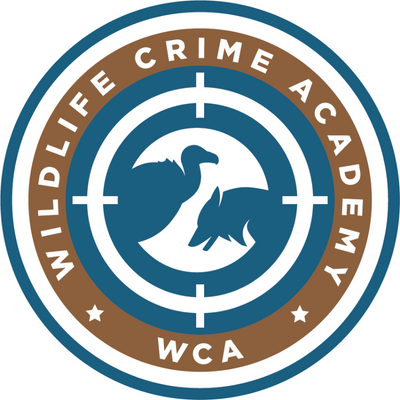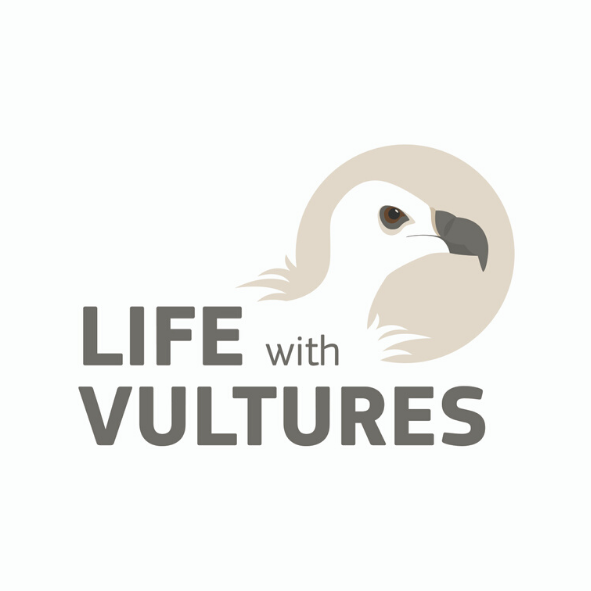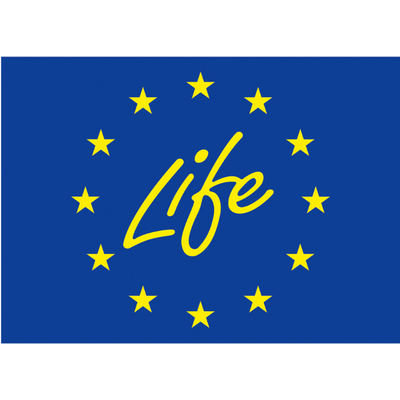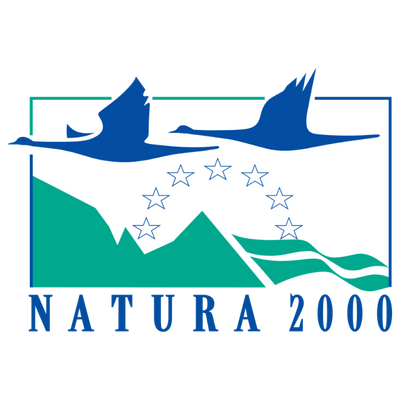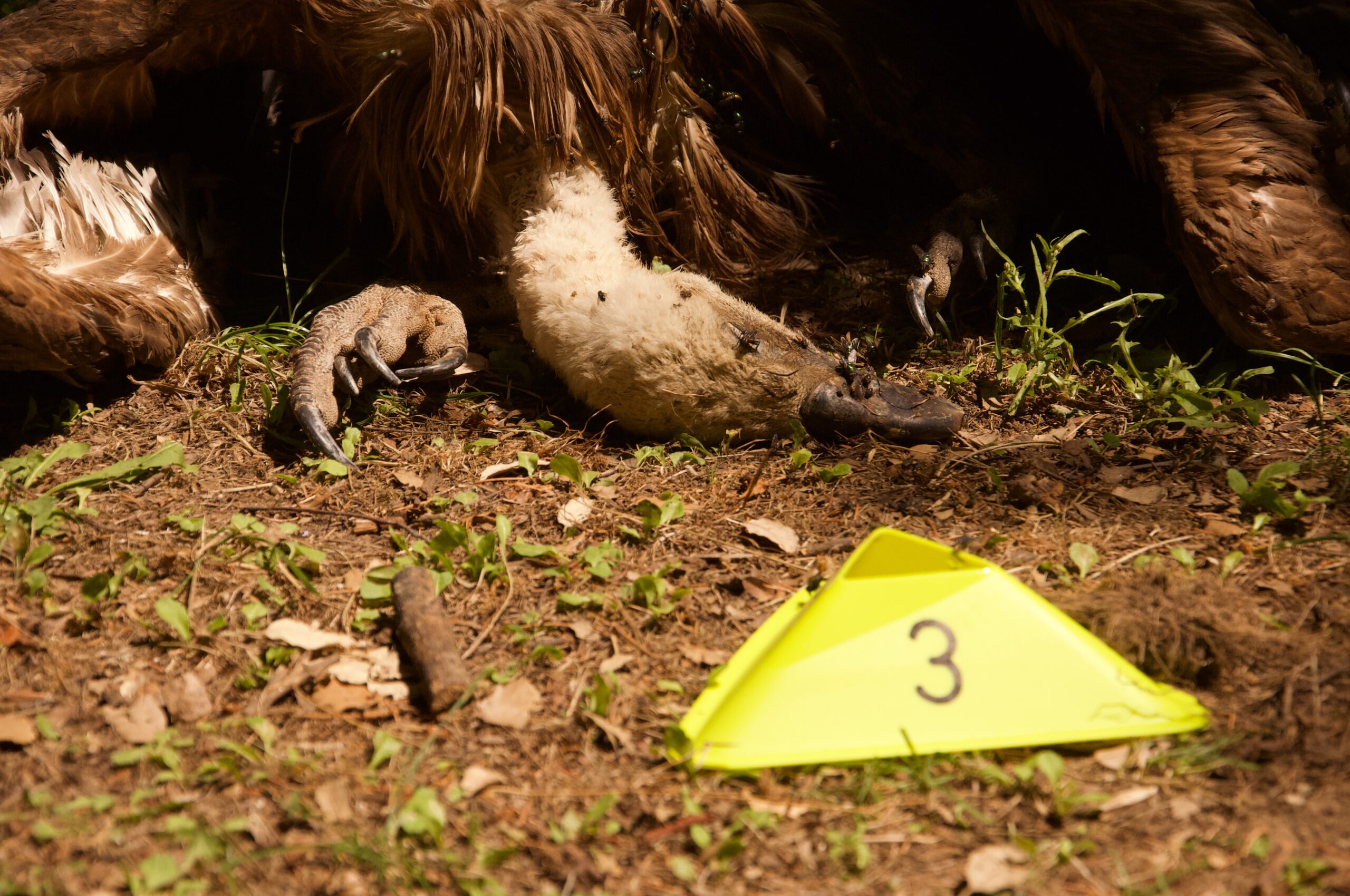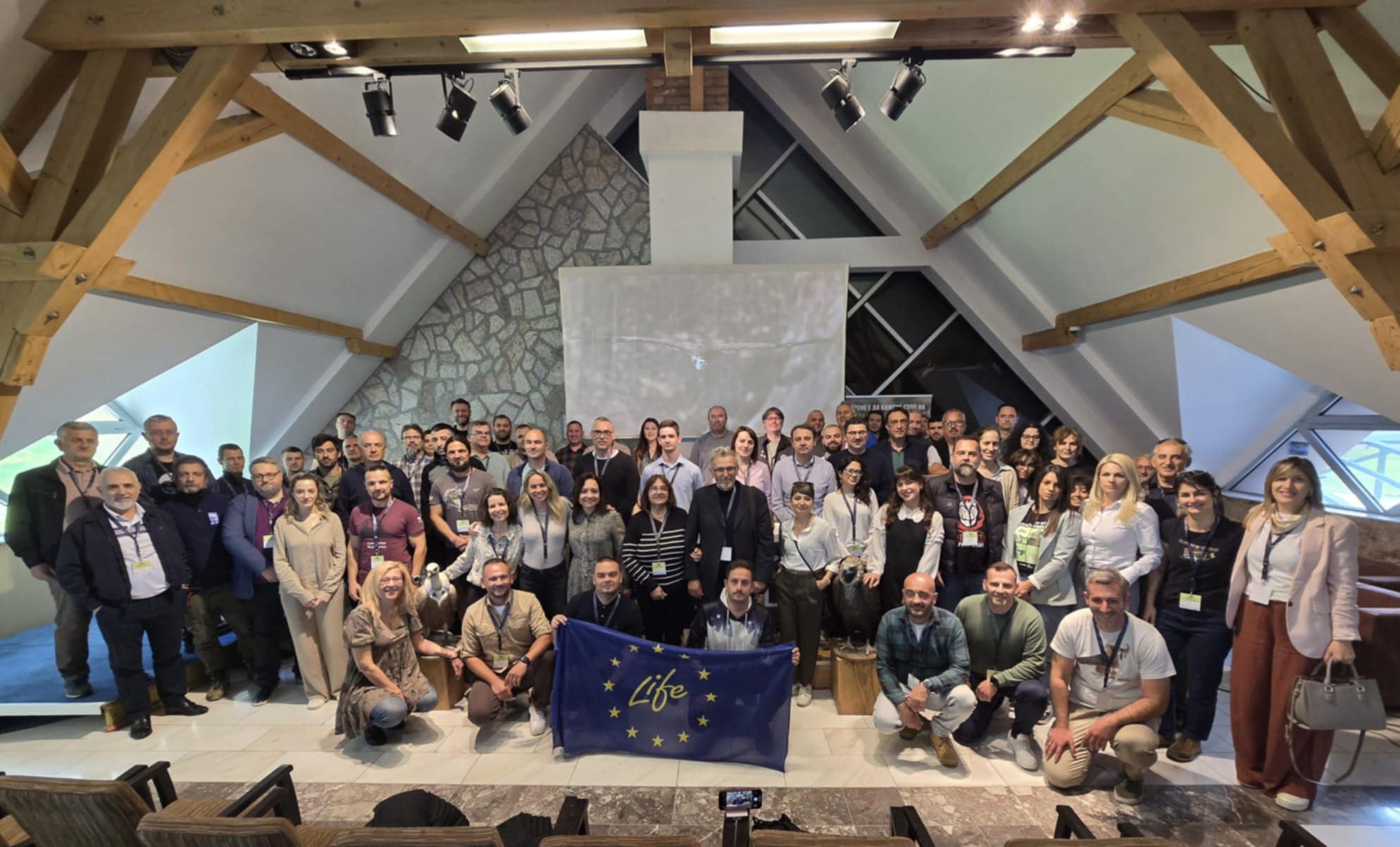The crime against wildlife poses a significant threat to biodiversity. Poisoning, illegal hunting, trapping, collisions, and electrocution are serious crimes against wildlife that are often overlooked and not effectively prosecuted. Addressing these crimes adequately requires collaboration among various organizations and authorities, as well as relevant training and knowledge to enable competent authorities to handle such incidents and enforce the law.
From May 22nd to May 24th, 2024, the international conference “Wildlife Crime: Achievements and Challenges” was organized in Cyprus for the first time by BirdLife Cyprus and the Vulture Conservation Foundation. It gathered over 70 participants from 12 countries from the Balkan and the Mediterranean regions. Participants represented various sectors including environmental organizations, law enforcement, Europol, the judiciary, and governmental departments.

It was great to see the engagement of numerous Cypriot authorities where the conference took place. Officers from the Cyprus Police, the Game and Fauna Service, the Forestry Department, the Environmental Department, the Legal Service, the State General Laboratory, the Department of Agriculture, Veterinary Services, the British Bases, and the Cyprus Electricity Authority all took part. The Balkans were also strongly represented, with all partners of the BalkanDetox LIFE project presenting the problem of wildlife crime and the work they carry out to mitigate it across the seven project countries, with some government officials from services such as veterinary and judicial also participating.
Conference highlights
The conference brought together experts working in the field of wildlife crime for a networking meeting and for the exchange of best practices related to the investigation and effective prosecution of wildlife crimes. Additionally, the conference contributed to the continuous flow of homogeneous knowledge and the enhancement of cooperation among the competent authorities in Cyprus, as well as connectivity among relevant entities at the European level.
Intensifying efforts against wildlife crime, both at the EU and national levels, can have a significant impact on reducing wildlife mortality rates and, in combination with conservation actions, can lead to the restoration of populations of threatened species, such as vultures.

Success stories and progress
Wildlife crime is a priority for action by environmental organizations, law enforcement agencies like Europol, and international conventions (e.g., the Convention on Migratory Species). When sufficient resources are allocated, addressing this threat is effective – for example, illegal poisoning of wildlife began to decline in Spain, where authorities intensified efforts to combat it, resulting in the investigation and prosecution of such crimes and acting as a deterrent. As a result, within 20 years, poisoning incidents in the country decreased by 80%, and healthy vulture populations in the country are a clear testament to this effort. This allows Spain to donate vultures to other countries, such as Bulgaria, Cyprus and Sardinia, as part of population reinforcement actions. Furthermore, progress in reducing and combating wildlife crimes is being made in other parts of the world, such as the Balkans thanks to the BalkanDetox LIFE project. In Cyprus, for instance, through cooperation among relevant agencies and education and capacity building provided by the Wildlife Crime Academy, the first conviction for wildlife crime was achieved.
Towards solutions and collaborative action
Significant prerequisites for addressing wildlife crime include the existence of adequate legislation (which largely exists in Europe) and the effective enforcement of laws, as well as the knowledge, tools, and motivation for investigating wildlife crime, which is often a challenge. Even more crucial is for prosecutors and judges to be aware of the impact and dimension of wildlife crime and to bring more cases to justice to end impunity. Collaboration among all these entities is essential, as well as communication and awareness-raising actions for preventing this crime. Conference participants agreed to continue working together to solve wildlife crime, implementing some of the solutions mentioned above.
The conference was organized within the framework of two projects co-funded by the European Union’s LIFE Programme: “LIFE with Vultures,” aiming to combat poisoned bait placement and save the endangered Griffon Vulture in Cyprus, and “BalkanDetox LIFE“, addressing illegal wildlife poisoning in seven Balkan countries by strengthening law enforcement capacities and raising awareness.

